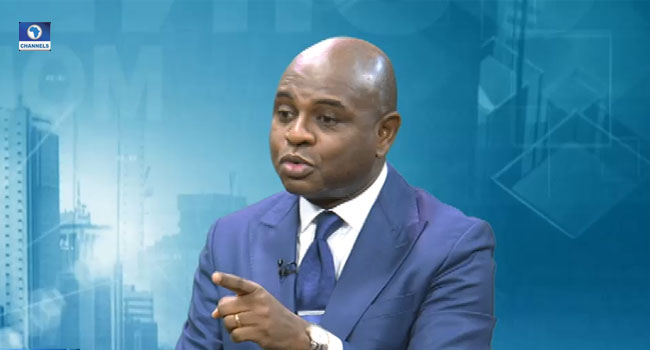Former Deputy Governor (Financial Stability) of the Central Bank Nigeria (CBN), Kingsley Moghalu has urged the federal government to consider taking a long term stabiliSation loan from the International Monetary Fund (IMF).
Addressing the theme, ‘An Economy In Distress; Which Way Forward?’ At the 16th Edition of LEADERSHIP Annual Conference and Awards in Abuja on Tuesday, Moghalu said the Fund could serve as a catalyst for long term economic growth.
“I am suggesting a careful consideration of a $20-30 billion stabilisation package from the International Monetary Fund (IMF),” he said, adding that the decision however will require weighing the potential benefits and drawbacks of such a move.
“This is just an advice to the government because the current economic challenges are not what we can wriggle out of overnight, rather it will take 3-5 years,” he added.
Furthermore, the ex-CBN governor emphasised the necessity of forming a full-time, highly professional Economic Advisory Council comprising seven economists specialising in critical sectors such as agriculture, industry, labor, business, trade, fiscal policy, and development economics.
This council, he believes, would offer strategic insights crucial for economic transformation.
Speaking further, Moghalu stated that the 30trn ways and means borrowings by the federal government is a grand corruption scheme.
According to reports, the former administration of President Muhammadu Buhari had borrowed N22.7 trillion in ways and means from the Central Bank, which was subsequently followed by another N7 trillion borrowing by the current administration of President Bola Ahmed Tinubu.
Moghalu said: “We should not be surprised that there is hunger and anger in the land because the past 10 years have been marked by many economic mismanagement, blotted ways and means of the CBN, blotted budget, which has paved the way for unprecedented corruption.”
He added that the fiscal side of the government has failed over the years, which is why the Central Bank of Nigeria has been overwhelmed.






